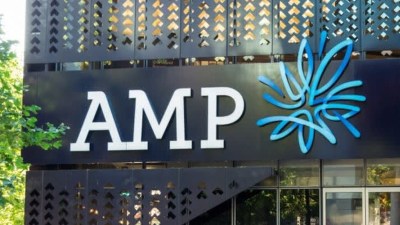CSLR - is the cure worse than the disease?


The post-election Government will need to make sure The Compensation Scheme of Last Resort (CSLR) does not cost more to run than the amounts of compensation involved, according to The Advisers Association (TAA).
TAA chief executive, Neil Macdonald, said the Coalition’s decision not to give the CSLR a ‘swift passage’ through Parliament should give whichever party comes to power after the Federal election pause for thought.
“At face value, the concept of a CSLR, to protect innocent victims of misconduct, is honourable. However, we believe there has not been enough consideration around either the scope of the problem or the optimal solution,” he said.
Macdonald said the proposed scheme appeared to be attempting to solve a $4 million a year problem with a $16 million plus solution.
“It has been estimated that there will be $4.36 million in unpaid AFCA determinations each year. It’s also been estimated that the levy to fund the scheme in the first year will be around $16 million – with advisers expected to pay $12 million – and around $3.7 million a year just in administration costs.
“At first glance, the proposed CSLR appears to be a clear case of the cure being far worse than the disease.
“We must also remember that, rightly or wrongly, in most other professions, for example, the medical profession, consumers must sue for compensation if they suffer as a result of misconduct.”
Macdonald said the scope of the unmet determinations problem needed closer examination.
“Advisers were responsible for only 1.4% of total AFCA complaints in 2020/21, and only 0.03% of unmet determinations. It seems unreasonable to create a scheme that focuses on solving only 0.03% of a problem.”
AFCA was currently consulting on a proposed user-pays funding model for complaints which it said would reduce the burden on small members like financial planning firms and brokers, as well as other less-frequent users of the scheme. The six-week consultation period was expected to end on 22 April.
AFCA said 98% of investment and advice members would only pay the annual registration fee of $376 under this model.
Macdonald suggested it might make more sense to broaden the scope of the CLSR and have the industry sectors responsible for the majority of complaints pay for any unmet determinations.
“The Government could allocate funds to AFCA to pay out any unmet claims and at the end of each year charge the costs back proportionally to the sectors of the industry responsible for them,” he said.
“Considering the administrative costs of collecting the levy would be higher than the unmet claims, maybe the levy could be waived.”
Recommended for you
With the highest number of candidates in a year sitting the latest financial advice exam, a surge of new entrants are expected in the coming weeks, according to Wealth Data.
AMP has launched a range of five diversified index managed portfolios on its North investment platform, targeting a younger client demographic.
An NSW adviser, who advised over 120 clients after falsifying her financial advice exam results, has been permanently banned by ASIC.
ASIC has released the results from the latest financial adviser exam, the first to be run since changes to its structure earlier this year.














